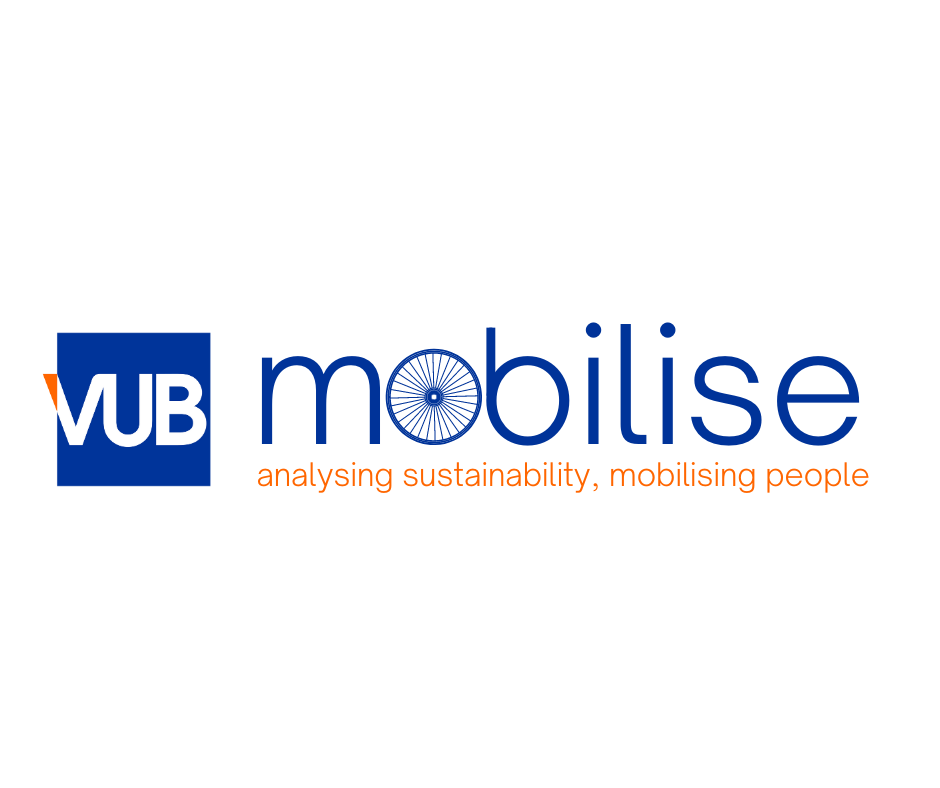
Mobilise is one of the partners in the EU Horizon Europe SSH CENTRE (Social Sciences and Humanities for Climate, Energy aNd Transport Research Excellence) project. This project aims to generate best practices for incorporating Social Sciences & Humanities (SSH) and transdisciplinary research into the European Union’s (EU’s) cli- mate, energy and mobility transition policy. The SSH CENTRE project is developing understandings of how to support cross-sectoral collaborations in order to empower citizens and networks, and develop socially innovative solutions.
As part of the SSH CENTRE project, 10 literature briefs have been produced to give a review of the Climate-Energy-Mobility landscape. Next to this literature briefs the project also developed a toolbox of 13 infosheets , each of which describes a different method for engaging stakeholders and citizens in climate, energy and mobility transitions.
Literature briefs
The 10 literature briefs provide an overview of current research and debates related to EU policy priorities, and in particular the climate, energy, and mobility aspects of the EU Green Deal. Focusing specifically on the SSH CENTRE project, the literature briefs also contextualise this 3.5 year research project in relation to current debates and show the contemporary interest in these topics to researchers, practitioners and other interested actors.
Each literature brief is informed by a review of existing literature (focusing on contemporary research activities) and two expert interviews. One of the literature briefs 'The Digitalisation of Mobility' is authored by colleagues prof. dr. Imre Keserü and Hannes Delaere and focuses on the role of Social Sciences and Humanities (SSH) in investigating how the digitalisation of mobility impacts people.
Infosheets
The toolbox of 13 infosheets has been developed to offer a resource that can aid those who want to use stakeholder and citizen engagement methods, and support them in doing so in a responsible and reflexive manner. The infosheets offer key information on benefits, participant groups, implementation processes, and expected outcomes for each of the methods. In addition, every method brings its own constraints, and the infosheets deliberately include cautionary notes on the limitations they carry. Three infosheets are authored by our colleagues prof. dr Imre Keserü and dr. Geert te Boveldt:
Co-creation is a comprehensive approach to create designs, plans, services or products with the participation of end users. It can include multiple distinct participatory methods to involve people in the stages of problems mapping, co-design, co-evalua- tion and implementation.
2. Multi-Actor Multi-Criteria Analysis
The Multi-Actor Multi-Criteria Analysis (MAMCA) takes stake- holder preferences explicitly into account when evaluating several project or policy options. MAMCA encourages stakehold- ers to reflect on what they want and on the rationale for these wants, which can facilitate reaching consensus.
3. Stakeholder-based Impact Scoring
Stakeholder-based Impact Scoring (SIS) is a participatory assessment method used to predict the impact of a policy or project prior to its implementation by quantifying and visualising the negative and positive impacts on stakeholders.



